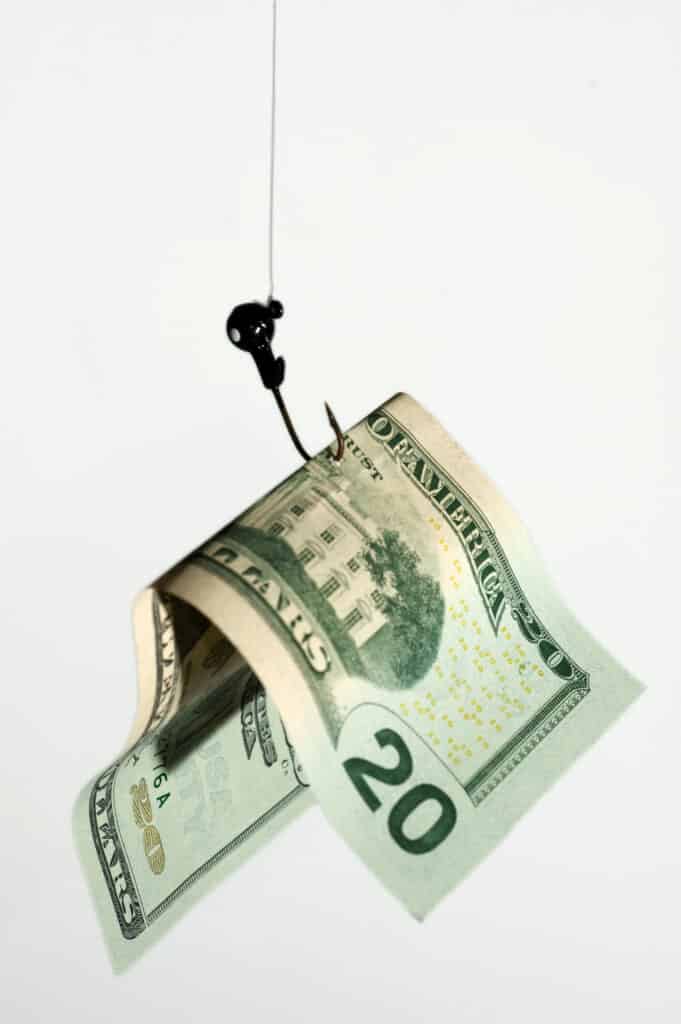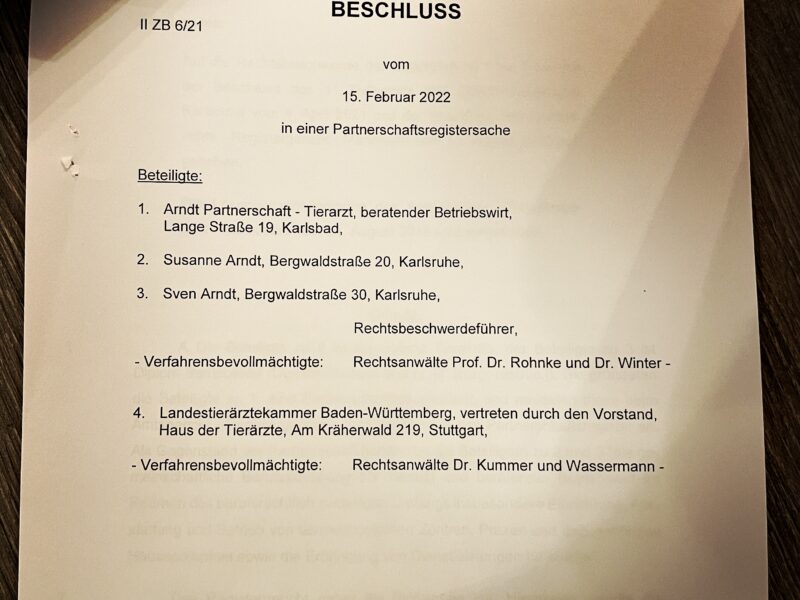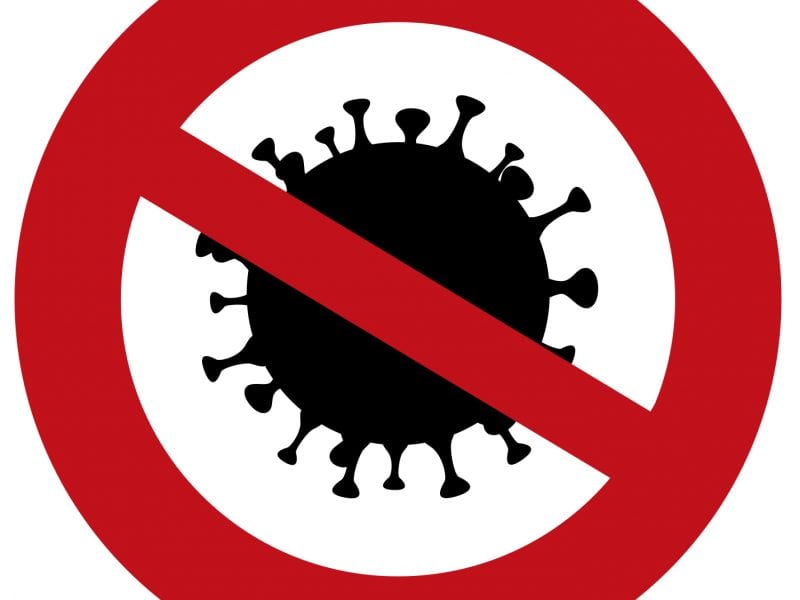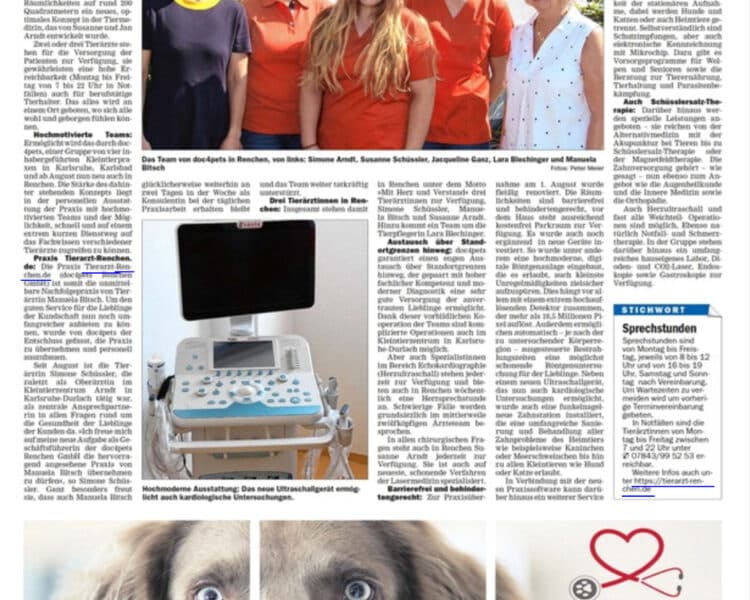
Financial investors and the trend towards veterinary chains
Financial investors and the trend towards veterinary chains https://doc4pets.de/wp-content/uploads/2018/06/fishing-for-money-1416836-1279x1923-681x1024.jpg 681 1024 Sven Jan Arndt Sven Jan Arndt https://secure .gravatar.com/avatar/fef64081df258be6f19e1e0033636b82?s=96&d=mm&r=g1. Current trend
It was only at the beginning of June that Mars Petcare's spectacular takeover of the largest German veterinary chain, Anicura, caused a stir (we reported: https://doc4pets.de/anicura-schliesst-sich-mars-petcare-an/ ). Now a new “chain” – Vetsana?
And the next financial investors are already in the starting blocks and promise the selling and acquiring veterinarians the “blue sky”. Currently, for example, Vetsana GmbH (nice name – sounds very serious and like a veterinarian) from Munich is on the move. They are committed for the long term (10-15 years) and are all entrepreneurs. We noticed them because they put a lot of marketing effort into the Grüner Heinrich and Wir-sin-Tierarzt.de as advertising partners.
In contrast to the big chains, you are the loved ones. Everyone can develop freely as a young veterinarian. The veterinary surgeon knows his business is in good hands. Etc. etc.
But they always want the majority when they take over a practice - quote: “ Yes, we typically take a majority stake in the practice. We really like to see the managing veterinarians take a significant stake in their own practice as shareholders. This is not a must but an option. The sizes are flexible within this framework.”
2. Vetsana – a new concept?
Let's take a look behind this new construct that wants to do everything better than the other chains:
a) There are no veterinarians among the investors - how are the economies of scale that one supposedly wants to leverage used: "And of course an association has other advantages, for example in purchasing as well as in training and the exchange of know-how."?
b) Legally, this construct, like Evidensia and Anicura, is on more than shaky national ground. The majority of state veterinary associations stipulate who and by what majority veterinarians must be involved in a practice. The State Veterinary Association of Westphalia states this in great detail:
㤠28 Veterinary society in the legal form of a legal entity under private law
(1) Veterinarians are permitted to run an individual practice or practice in a group in the legal form of a legal entity under private law. The prerequisite for operating a company in the form of a legal entity under private law is: 1. The company must be managed responsibly by a veterinarian, 2. The majority of managing directors must be veterinarians, 3. The majority of the company's shares and voting rights must Veterinarians are entitled to or based on social contractual regulations, the powers for resolutions with regard to the professional regulations of the 12 Westphalia-Lippe Veterinary Association, veterinary professional law and the rights and obligations of veterinarians arising from applicable law must be irrevocably transferred to a committee in which licensed practitioners Veterinarians have the majority of voting rights. 4. every veterinarian working in the company must have sufficient professional liability insurance; In the case of partnerships with limited professional liability, § 8 paragraph 4 of the law on partnerships of members of the liberal professions must be taken into account.”
It is actually quite remarkable that the state veterinary associations draw up professional regulations but do not enforce them. Why not? Fear of EU law? As a normal citizen, you ask yourself why there are laws and rules!?
c) Which veterinary practice has Vetsana already taken over!?
d) What kind of return does such a private investor expect if he makes such a long-term commitment? Anyone who says they don't want to exit until after 10-15 years usually demands a decent multiple of their group's sales. In other words, the veterinarians to be taken over must of course increase their sales dramatically during this time so that a proper exit is possible. We're talking about a 25-30% increase in sales per year - otherwise, in our opinion, this doesn't make sense for such a "private investor". From our point of view, the problem is the perspective of the young veterinarian who has put his sweat into the practice for 10 years, was only able to own a maximum of 49% and is now being sold to another investor (e.g. Mars Petcare) without him having a say can. And what will happen next there? Can he really continue to develop as he wants?
3. A look behind the scenes
Let's take a deeper look behind the scenes , which the editorial team at Wir-sind-Tierarzt.de doesn't seem to have done in detail. If you are otherwise so proud of your critical reporting, you seem to quickly forget the critical distance when “the ruble rolls” - which, to be fair, was made clear at the end: “ Disclosure: VetSana is our sponsoring partner for the summer months of 2018 -sind-tierarzt.de. The article was created as part of this advertising partnership – you can read more about this form of collaboration here.”
Lt. Commercial register shares in Vetsana GmbH with Mr. Ulrich Biffar (Switzerland) 63.1%, a company Pelecanus GmbH with 26.76% and Mr. Florian Arndt with 7.888% and Mr. Uwe Bühler with 2.252%. Behind Pelecanus GmbH is Mr. Felix Hauser.
Mr. Biffar, Mr. Hauser and Mr. Arndt all hold leading positions (managing directors) at Lamont Capital GmbH - also in Munich. According to their own statements, with this company they invest in highly profitable companies: “Lamont Capital is a company based in Munich that focuses on advising on the acquisition and ongoing support of medium-sized companies. The focus of the investments is on majority stakes in companies in German-speaking countries with an enterprise value of between EUR 10 and 75 million that are sustainable and above-average profitable.”
Now, of course, the question immediately arises – how many weddings can you dance at? Not a little bit, but professionally? So that your dance partner also has fun and doesn't have blue feet after the dance. 😉
Mr. Ulrich Biffar was also the German head of the financial investor Bain Capital. Mr. Arndt and Mr. Hauser were also at Bain Capital. Bain Capital is known for not being particularly squeamish about their investments:
“Bain Capital is accused of exploiting various companies and causing their subsequent bankruptcy:
GS Technologies, a steel mill in Kansas City, had been in operation since 1888. In 1993 it was taken over by Bain, and barely ten years later the company was bankrupt. According to a report by the US television station MSNBC, 750 people lost their jobs at the time. Bain, on the other hand, benefited from the deal: the company earned twelve million dollars, but had previously only invested eight million dollars. In addition, Bain apparently pocketed at least $4.5 million in advisory fees. [4][5]
In 1992, Bain Capital purchased American Pad & Paper. In 1999, two of the company's factories closed, 385 jobs were eliminated, and the company was $392 million in debt. In 2000 the company declared bankruptcy. [6] The Boston Globe reported that Bain earned US$100 million from Ampad on an investment of US$5 million, including tens of millions in management fees. [7]
Bain Capital and Goldman Sachs bought Dade International in 1994 for approximately US$450 million. Approximately 900 jobs were eliminated or outsourced. Over the next few years, another 1,000 workers were laid off and the company's loan debt quadrupled. In 2002 the company declared bankruptcy. [8][9]
In 1997, Bain Capital bought LIVE Entertainment for US$150 million. Subsequently, one in four of the 166 employees were laid off. [10] Bain Capital made a profit of US$578 million through the companies Stage Stores, American Pad & Paper, GS Industries, Dade, and Details, all five companies went bankrupt a short time later. [11]”
4. Outlook
A rogue who now thinks bad things about the sentences from the said - let's call it “advertorial” from Wir-sind-Tierarzt.de:
It's good that there will finally be a "good veterinary chain"...



